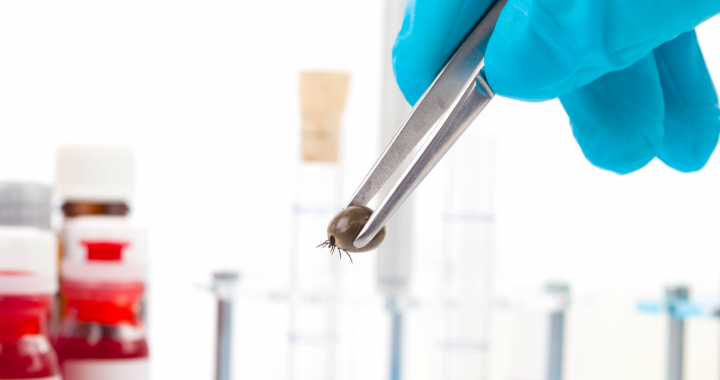Scientists at University of Leicester have invented a novel way of detecting Borrelia species in early and late stage Lyme disease patients that could potentially transform Lyme disease diagnostics.
How does the test work?
The researchers have developed the innovative use of a PCR test that targets the DNA of the Lyme bacteria in blood samples. It works by targeting DNA fragments called phages, which are carried around the body by the Borrelia bacteria.
What did the study find?
Their study from 2017 used samples from 78 individuals. This included 23 healthy volunteers with no ‘identifiable’ Lyme symptoms, 13 early stage and 42 late stage Lyme patients.
Together, the data suggests that the phage-based test has significant power to improve successful detection for Lyme disease.
The findings also suggest that the test differentiate between early and late stage Lyme, based on the levels of phages in the blood. This could be a gamechanger in a number of ways. Not only can you establish the level/length of infection, but it could also act as a way to test after treatment to see if the infection levels are decreasing. If they are, but levels are still, you would know more treatment is needed. If have been eradicated altogether, then treatment has been successful.
Why is this so important?
The lack of an early and effective diagnosis of Lyme disease remains a major cause of misdiagnosis and long-term patient suffering. The current tests used to identify the disease miss too many cases. They rely on the detection of an antibody response, which doesn’t generally develop for the first 6 weeks of infection.
This can mean a delay in treatment for those who do not experience the Lyme rash or have a doctor who is happy to diagnose based on clinical symptoms alone.
The tests are also not 100% reliable in detecting an ongoing or late stage infection.
Without a more accurate test we can’t effectively and confidently diagnose Lyme patients at all stages of the disease. We also can’t test for cure after treatment.
What’s the next step for bringing this test into use?
The next stage is to validate the findings in a clinical study.
Help us fund exciting research like this that can make a difference to the lives and suffering of Lyme disease patients. Please consider making a donation to our research fund. Thank you.

